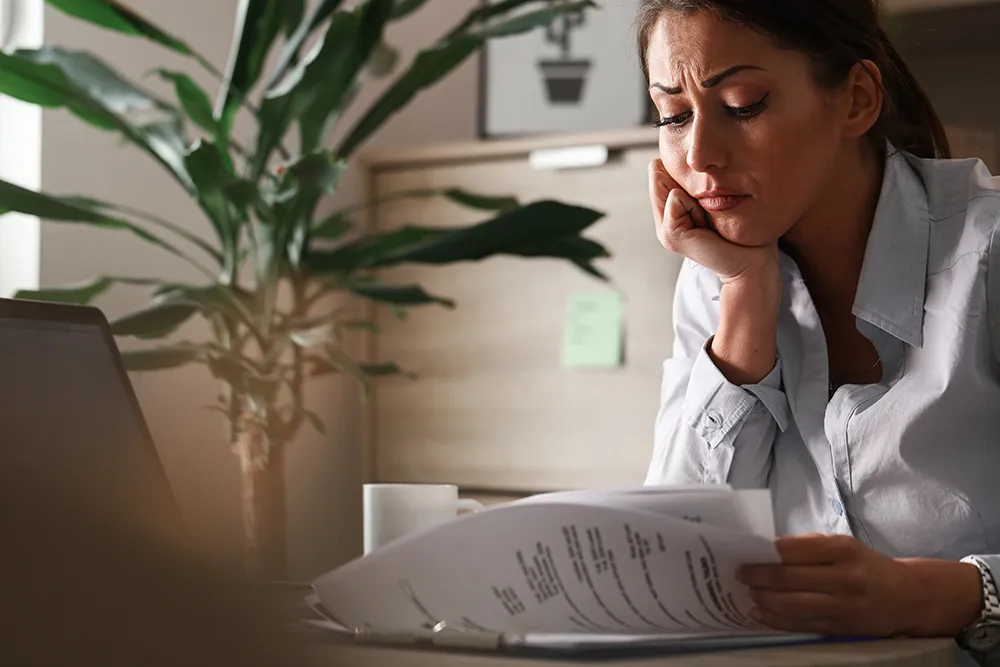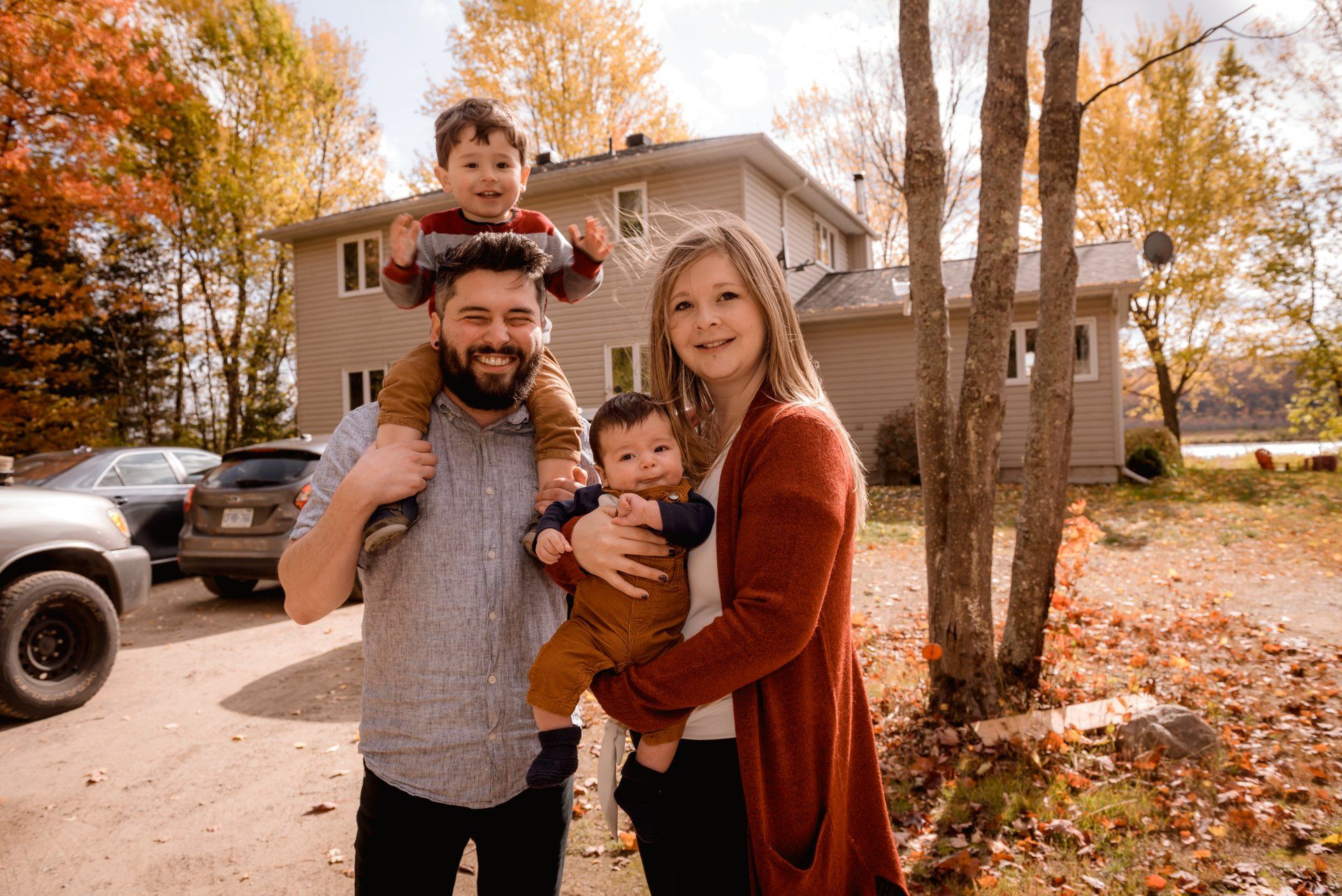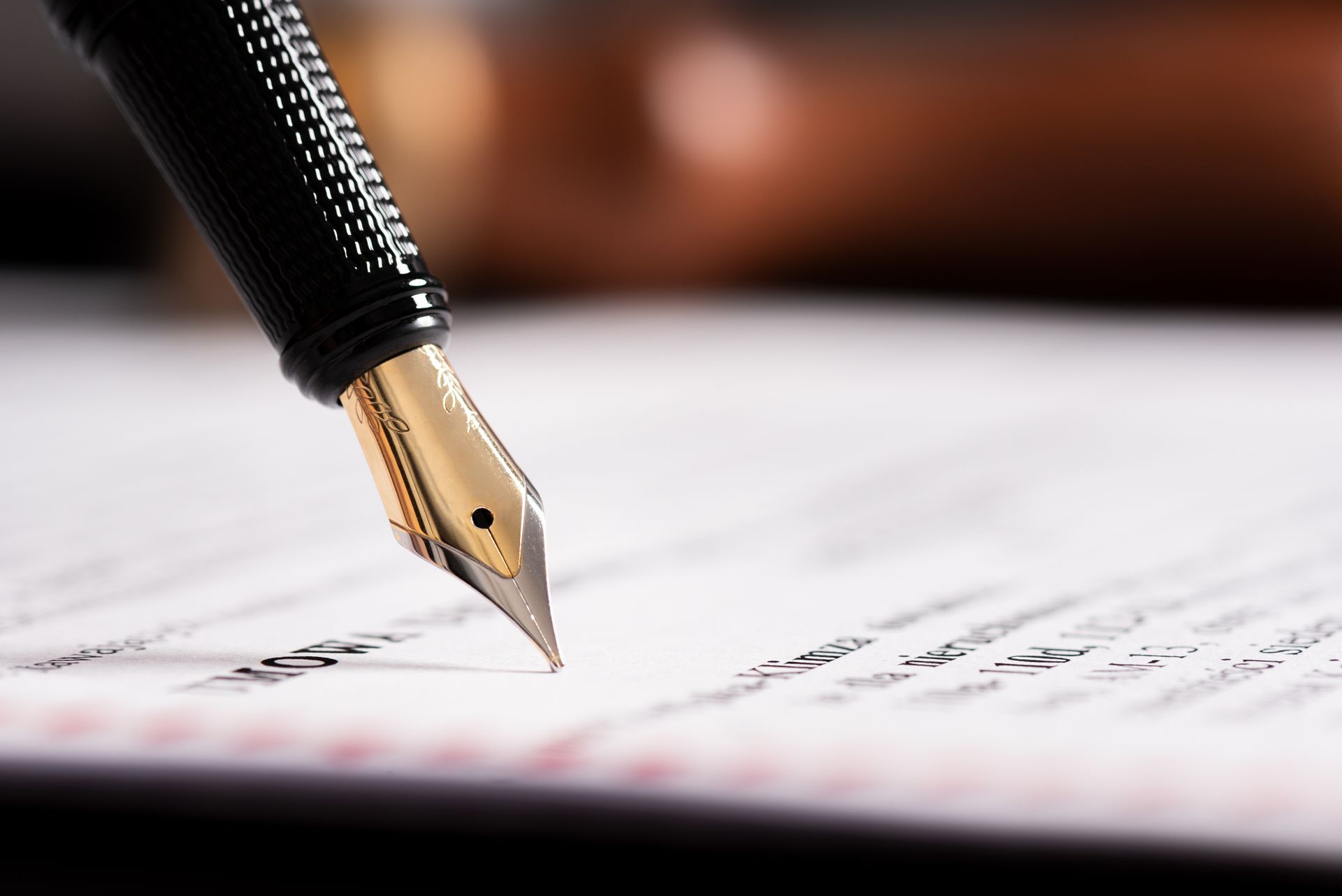If you’re like a lot of folks I’ve worked with Parma, Middleburg Heights, Strongsville, or North Royalton, you might be thinking, “I never imagined I’d be Googling ‘Chapter 7 Bankruptcy Attorney’ in my life.” And I get it. No one expects to be here. But here you are—maybe overwhelmed, a little scared, and trying to figure out what to do next.
Here’s the truth: needing help doesn’t mean you failed. In fact, looking for help is one of the strongest things you can do when things feel out of control. And as a Chapter 7 bankruptcy attorney, I work with people across Ohio who are just trying to breathe again—people who need a fresh start, not judgment.
At Mary E. Papcke, Attorney at Law, that’s what I offer: real talk, clear guidance, and a way forward that actually works for your life—not someone else’s idea of what your life should look like.


Let’s break it down in simple terms. Chapter 7 is often called “straight bankruptcy” because it’s the most direct path to discharging (wiping out) many types of unsecured debt—things like credit cards, medical bills, payday loans, and personal loans. It’s designed to give honest people a clean slate when things have gotten out of hand.
The process works like this:
Yep—it’s that fast. And nope—you don’t lose everything. That’s probably the biggest myth I have to correct.
There’s a test (called the means test) that looks at your income compared to your household size and living expenses. If your income is below the median in Ohio, you likely qualify. If it’s higher, there’s still a chance—you just have to pass a second part of the test that factors in what you owe and what you need to live.
But here’s the thing: I never expect my clients to figure that out on their own. That’s my job. During our first meeting, we’ll go through your financial picture and see if Chapter 7 is the right fit. And if it’s not, I’ll be straight with you. Sometimes Chapter 13 makes more sense. Other times, people just need help negotiating with creditors. It really depends on your unique situation.

This is the number one question people ask me. And it’s fair—because nobody wants to lose the little stability they still have. The good news? Most people keep their home, car, and personal belongings when they file Chapter 7 bankruptcy. Ohio has exemptions that protect essential property, and we use every bit of that protection to your advantage.
You might have to give up luxury items—vacation homes, valuable collections, or a second vehicle you don’t use for work or family needs—but for most clients I’ve worked with in Parma, Middleburg Heights, Strongsville, North Royalton, and beyond, it’s a non-issue. They file, get relief, and move forward without having to rebuild from scratch.
I won’t lie—filing for bankruptcy is emotional. For many people, it feels like defeat. But what comes next? That’s something else entirely. I’ve seen clients walk into my office with years of debt hanging over their heads, and just a few months later, they’re walking out with peace of mind, their phones finally quiet, and a budget they can breathe around.
Bankruptcy clears the slate. It stops wage garnishments. It halts lawsuits and repossessions. It silences creditors. It gives you room to rebuild—and that’s something we all deserve from time to time.


Look, you’ve got options. But if you’re reading this, chances are you’re not just looking for someone to fill out forms—you want someone who’ll actually listen. Someone who won’t judge your situation or bury you in legalese. Someone who understands what it means to sit across from a single parent trying to keep the lights on or a recently laid-off worker fighting to stay afloat.
That’s what I do every day.
I serve people across Parma, Middleburg Heights, Strongsville, and North Royalton. If you need honest advice and strong legal guidance through the bankruptcy process, I’m here. No pressure. No gimmicks. Just real help from someone who’s walked this path with hundreds of clients before you.
If your debt feels like a weight you can’t carry anymore, if you’re tired of dodging calls and worrying about what bill you can’t pay next, I invite you to reach out.
Contact Us at bankruptcyanddivorceLaw.com or call (440) 743-7000 to schedule a consultation. You’ve got options. Let’s talk about them.
You deserve a fresh start. Let’s make a plan together.

